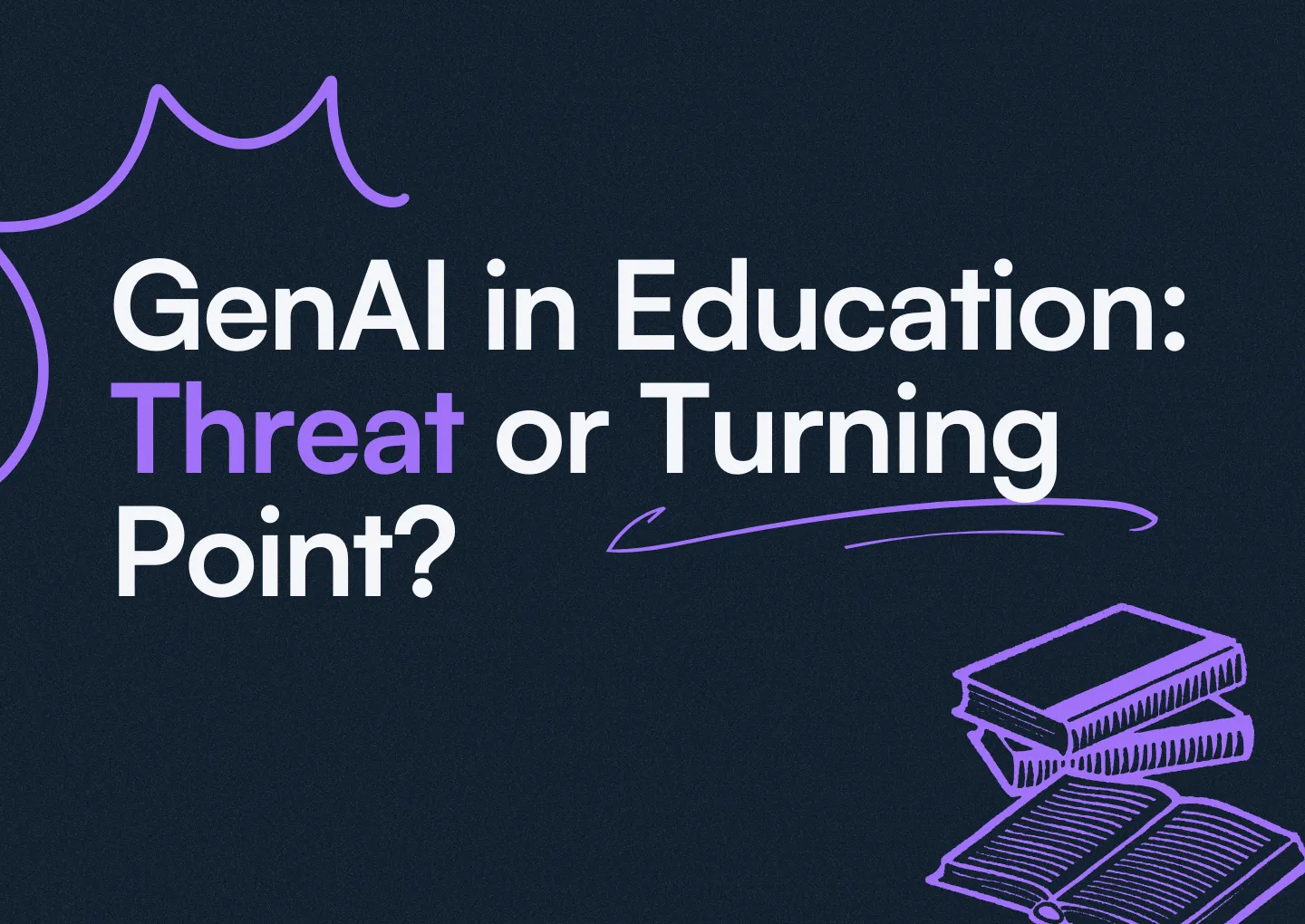“I caught several students asking ChatGPT to write their entire essay. What am I supposed to do now?”
Since the rise of generative AI tools like ChatGPT, teachers everywhere are facing urgent questions about academic integrity, evolving pedagogy, and their own role in a world of intelligent automation. Should we ban these tools? Or should we lead the way in redefining how they are used?
Introduction
Generative AI has quickly become a disruptive force in education. From essay-writing tools to AI-powered tutors, students and teachers alike are discovering both the promise and the pitfalls of this technology.
At TopSchool.ai, our experience with national pilots and global partnerships shows that the impact of AI is neither uniformly positive nor uniformly negative. Instead, it depends on how intentionally it is deployed and how well educators are supported in guiding its use.
When used without structure, AI can encourage shortcuts that bypass critical thinking. When carefully integrated into pedagogy, however, it can deepen engagement, improve outcomes, and free teachers to focus on what they do best: teaching.
The Promise of Generative AI
Tools like ChatGPT and Claude are often promoted as revolutionary aids for learning. Research shows that when guided by educators, generative AI can improve student performance by one to two grade levels, making it a powerful complement to traditional teaching.
A 2025 meta-analysis of AI in education reported a strong effect size of 0.86, and even higher (1.02) when AI was used in structured chatbot form to support learning (Zhang et al., 2025).
These gains translate into tangible improvements in assessment results. But effectiveness is highest when AI is interactive, responsive, and embedded into lessons—not when students use it simply to generate answers.
For example, a Ghana-based pilot with an AI math tutor found learning gains equivalent to nearly a year of additional schooling for students who engaged thoughtfully with the system (Henkel et al., 2024).
The Pitfalls of Unstructured Use
Unstructured use of AI, especially in problem-solving subjects like mathematics and coding, can undermine learning. Students may arrive at the right answers but miss the reasoning process that builds lasting knowledge.
Evidence shows that in coding and math, students who relied on AI for direct answers performed worse in later assessments compared to peers without AI access (Bastani et al., 2024; Lehmann et al., 2024).
These harms were reduced when AI systems were configured to slow the process down, guiding students step by step rather than delivering finished solutions. This underlines the importance of thoughtful AI design aligned with pedagogy.
The Evolving Role of Teachers
Teachers remain central to the learning process. Far from replacing them, AI increases their importance. With the right support, educators become architects of learning experiences, using AI to free time, personalize lessons, and guide students toward deeper understanding.
This requires professional development. Educators need training not only on how to use AI tools but also on how to frame them as companions in learning. Their empathy, judgment, and creativity remain irreplaceable.
Conclusion
Generative AI will not revolutionize education by itself. Its true potential is realized only when combined with skilled teachers, robust professional development, and responsible design. At TopSchool.ai, we call this model “co-intelligence”: a system where AI amplifies human teaching rather than competing with it.
This is the future of education: teachers empowered, students supported, and parents engaged in an ecosystem where every learner has their own Personalized Learning AI agent—PLAI™—to thrive in tomorrow’s world.
References
Meta-Analysis of Artificial Intelligence in Education — Zhang et al., 2025
Effective and Scalable Math Support in Ghana — Henkel et al., 2024
AI Meets the Classroom — Lehmann et al., 2024
Generative AI Can Harm Learning — Bastani et al., 2024

